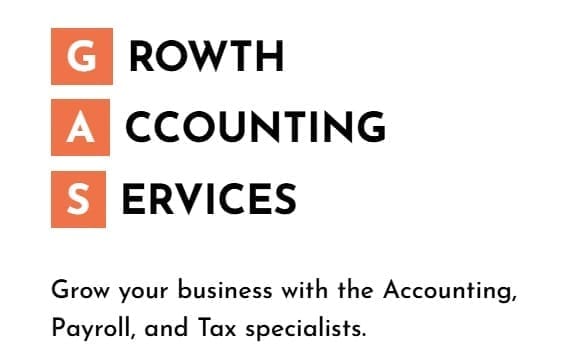Excessive Financial Risk-Taking – When Boldness Tips Into Recklessness

I’m a certified Money Coach with an M.A. in Industrial Psychology (Wits) and over 15 years of life coaching experience. I help mainly women entrepreneurs transform financial stress into clarity, confidence, and calm. My holistic approach blends personal finance coaching (University of the Free State), psychology, and soulful self-leadership to support women navigating irregular income, money anxiety, and limiting beliefs. Through practical tools and mindset work, I guide clients to build resilient money systems that align with their values and vision.
Entrepreneurship has always carried an element of risk. Starting a business requires a willingness to step into the unknown, to invest energy, money, and time without any absolute guarantees. Taking considered risks is part of growth. But when financial decisions are made impulsively, or based on hope rather than planning, risk-taking can quickly shift from courageous to costly.
Among the entrepreneurs I surveyed here on the Garden Route, and in my conversations with private clients, a distinct pattern emerged. Many shared stories of making bold financial moves without fully assessing the potential downsides. Some signed up for expensive advertising campaigns (hello expensive Facebook ads) without clear strategies. Others expanded into new offerings or markets on a whim, driven by excitement or pressure rather than planning. A few even took on business debt believing a breakthrough was just around the corner, only to find themselves burdened with repayments and no clear path to revenue.
This pattern of excessive financial risk-taking is often fuelled by emotional currents that run beneath the surface. For some, it is driven by a deep desire to prove themselves. For others, it is a response to anxiety about slow growth, prompting them to make desperate moves rather than trusting the steady build. In a world that often glorifies big leaps and overnight success, it is easy to feel that careful progress is not enough.
Medical professionals moving into private practice can also fall into this pattern. It might show up as leasing expensive premises too early, investing heavily in equipment without assessing client demand, or pricing services based on what they hope the market will pay, rather than testing and adjusting with care.
Recognising the signs of excessive risk-taking is essential
Some indicators of excessive risk-taking include:
Making significant financial decisions quickly, without gathering enough information
Relying heavily on “this one thing” working out to solve multiple problems
Ignoring early warning signs because of emotional investment in an idea
Feeling a rush of urgency or panic when opportunities arise
Healthy risk in business feels measured. It may be uncomfortable, but it is informed. It allows space for contingency plans. Reckless risk, by contrast, often carries a frantic or impulsive energy. It seeks relief or validation rather than strategic progress. Before taking a major financial risk, it is helpful to slow the decision-making process down.
Questions to ask before making financial decisions in business
“Have I stress-tested this plan against multiple scenarios?”
“What will I do if this investment does not generate the expected results?”
“Is this action part of a longer-term strategy, or am I reacting to fear or frustration?”
Entrepreneurship will always involve uncertainty. That is the nature of building something new. But when risk is approached thoughtfully, it becomes a powerful ally rather than an unpredictable saboteur. Learning to distinguish between bold, strategic action and reckless financial leaps is one of the most important skills a business owner can cultivate.
In the next post, we will explore fear-based money management, a pattern where financial caution, rather than risk, becomes the force that holds businesses back.
This article is part of the series "Money Patterns That Shape (and Sometimes Sabotage) Entrepreneurs." Each post explores a hidden financial pattern many business owners face, and how to move from unconscious reaction to conscious leadership. Stay with us as we uncover the deeper side of financial success. If you would like to uncover your personal money pattern, please complete the survey here to receive a free report.
Disclaimer: This blog post is not intended as bespoke legal or financial advice. Be sure to seek the services of a professional if you need them. Its intent is to educate and empower.
Note: The content on this website sometimes contain affiliate links that allow you to find the items mentioned and support this website at no cost to you. While Private Practice Growth Club may earn minimal sums when the viewer uses the links, the viewer is in NO WAY obligated to use these links. Thank you for your support!
Get the latest tips straight to your inbox
BLOG CATEGORIES

Advertise with Us
Have a product or service that will benefit private practice practitioners?












